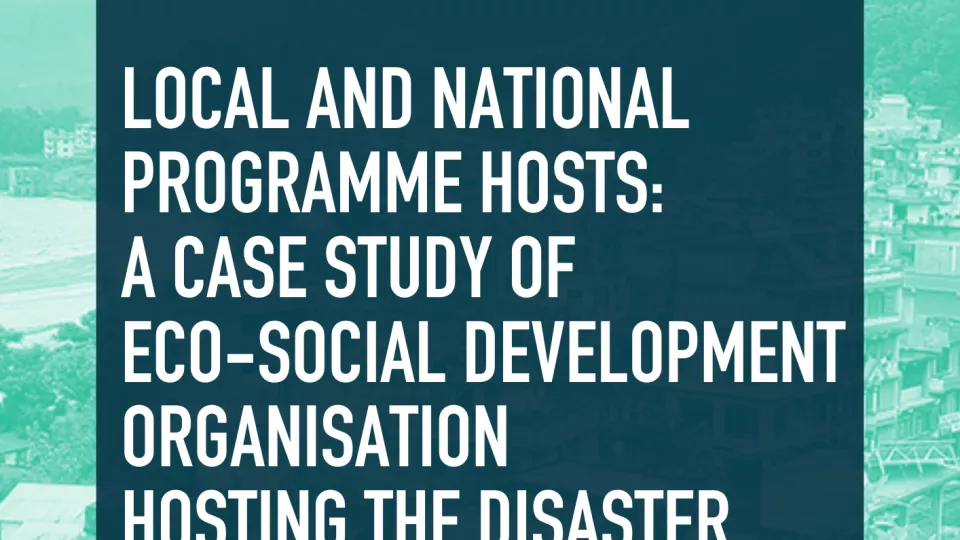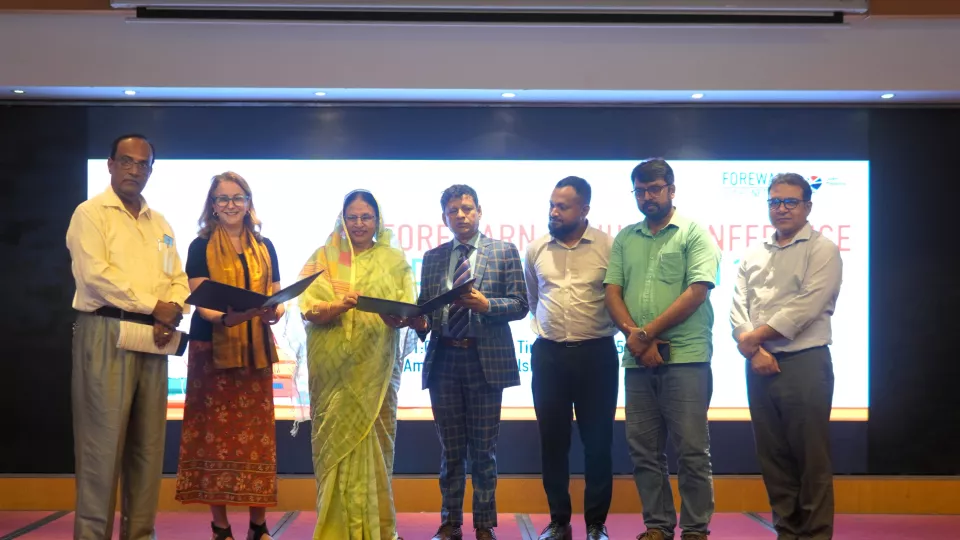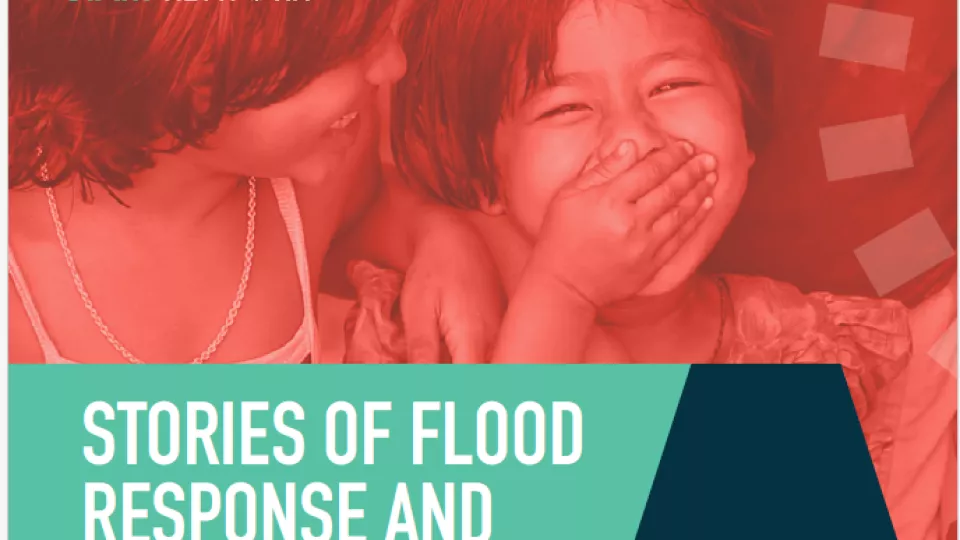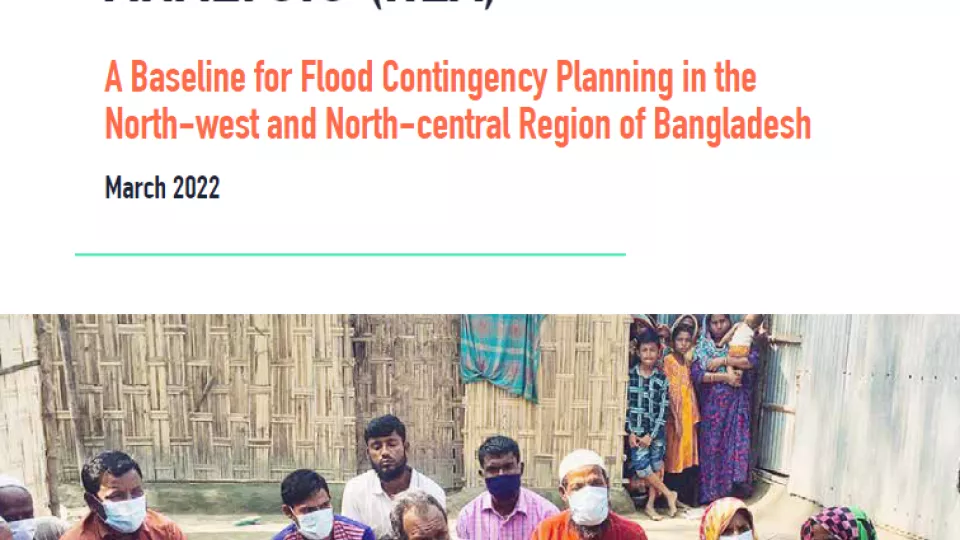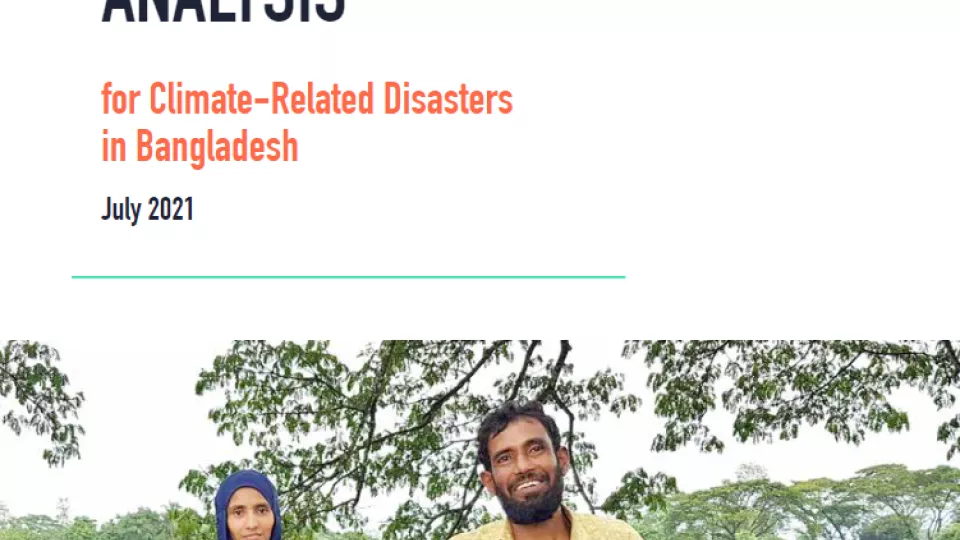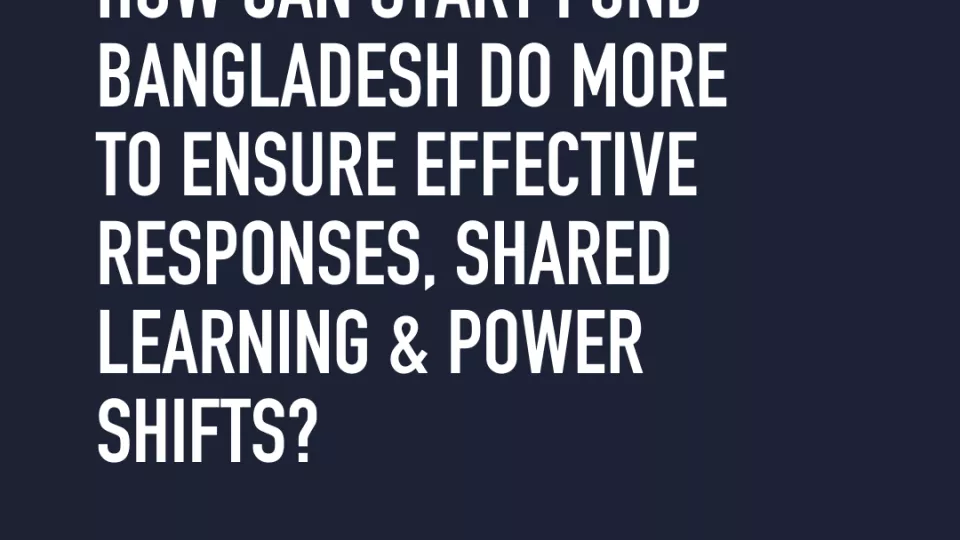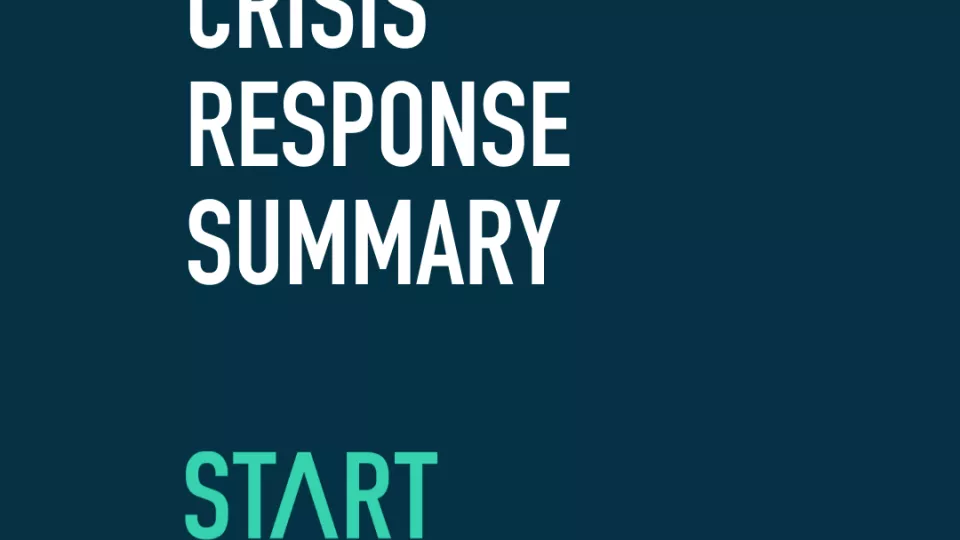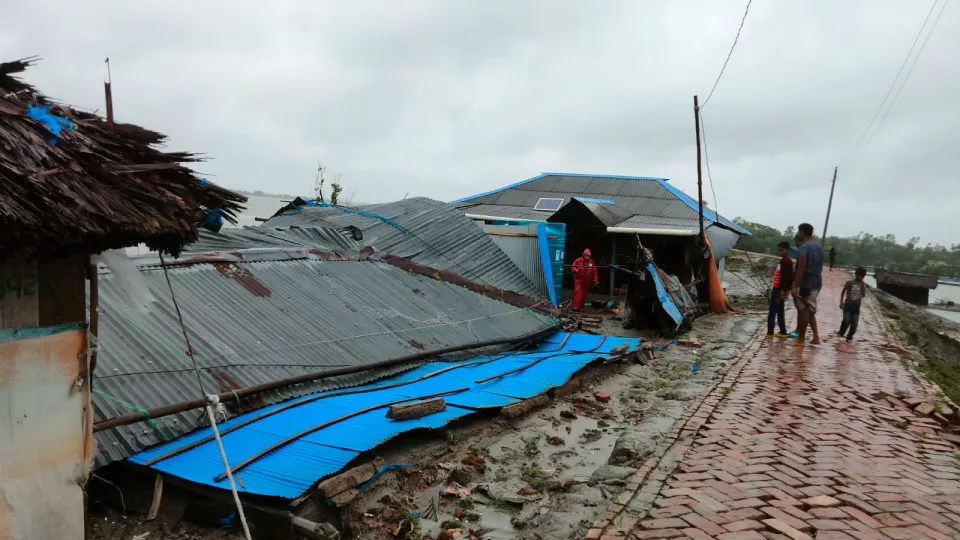
Start Bangladesh activates two key funding mechanism to deliver rapid financing of close to £1 million to Cyclone Remal-stricken areas
Cyclone Remal caused heavy rain and thunderstorms across coastal Bangladesh, leaving an estimated 800,000 people displaced from their homes when it made landfall on the midnight of 26 May.

